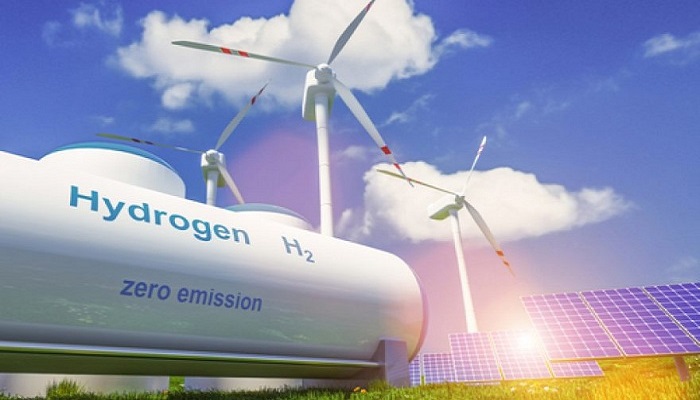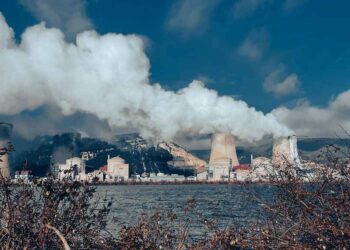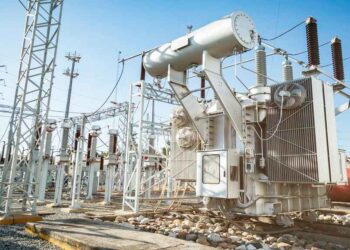Hydrogen’s quantity and strength are well recognized on Earth. We have discovered it in the seas, the atmosphere, and under the Earth, close to Yellowstone. But Japan has gone one step farther and succeeded in hacking it to increase its strength by a factor of a thousand. The only issue? Although it is at 2000°C, they want to develop and create it on a massive scale. With its new boiling energy, it has the potential to operate anywhere on the earth and quickly replace wind and solar power.
Hydrogen has been hacked, and now a fresh energy source exists. It’s enormous and contemporary
The Japan-based research agency RIKEN claims to have made significant advancements in hydrogen technology and achieved unthinkable feats that would probably alter the course of energy in the future. The innovative, very successful technical approach for producing clean hydrogen has been unveiled by RIKEN scientists.
They are able to activate water and split it into hydrogen and oxygen more quickly and with less energy by using a specific catalyst, which is a chemical compound. This finding has the potential to lower the cost of producing hydrogen, which is significant considering the rising worldwide energy demand.
Furthermore, RIKEN’s hydrogen energy solutions include not only production but also storage and transportation. In order to overcome earlier difficulties, they have created a new class of hydrogen storage material that can store and release significant volumes of hydrogen at standard pressure and room temperature.
This might significantly increase the likelihood that hydrogen will be able to be used as fuel for cars and other applications. In addition to making significant strides in hydrogen generation and storage technologies, RIKEN has also elevated hydrogen fuel cells. The fuel cell catalysts that are used by their researchers are state-of-the-art devices with increased power and durability.
Is it possible to discuss a fresh kind of hydrogen? Not a color, but something rather more creative
Advances in fuel cell technology have the potential to improve the dependability and efficiency of hydrogen-powered vehicles and stationary power sources. Their hydrogen synthesis technique has the potential to provide more than 80% energy conversion effectiveness in their RIKEN experiment. This is much higher than the 50–60% efficiency of a water electrolysis procedure.
From the current 2-3% storage capacity, the amount of H2 weight percent that can be held in new material has increased fourfold. The power density and lifespan of the latest generation of fuel cell catalysts have been shown to be up to 50% higher and more than that of the current commercial catalyst based on platinum.
What Japan has accomplished has the power to alter everything: A new catalyst for the electrolysis of hydrogen
As a result, although manganese oxide enhances the catalyst’s structure, iridium continues to have the highest efficiency in water electrolysis. However, there is an issue with hydrogen: since iridium is a scarce metal, producing hydrogen is expensive and hence does not allow for widespread usage.
In light of this, the scientists at the RIKEN facility created a novel catalyst that combines iridium and manganese oxide. It was discovered that the levels of Ir may be reduced by an astounding 95% without having an adverse effect on the rates of hydrogen production when isolated Ir atoms were distributed over manganese oxide.
They were able to accomplish the required outcome by the binding of iridium and manganese oxide, which keeps iridium in the very active but seldom used +6 oxidation state. The iridium manganese catalyst in the PEM electrolyzer exhibited no symptoms of deterioration for over 3000 hours, or around 4 months, during which it produced hydrogen at an efficiency of 82%.
Since hydrogen electrolysis is a method that has been researched for years (as we have already informed you), Japan’s notion is not inherently futuristic. But by approaching it entirely differently and giving efficiency and energy density priority, they have accomplished unheard-of outcomes. They are going to present their idea to the globe in an attempt to completely transform the way we produce power without producing any pollution.







































